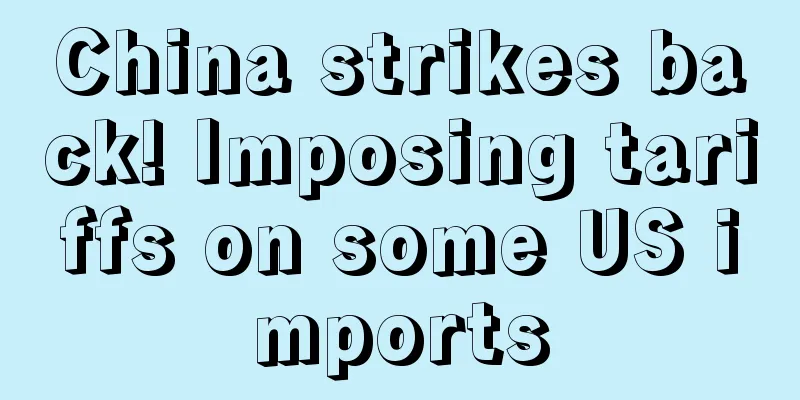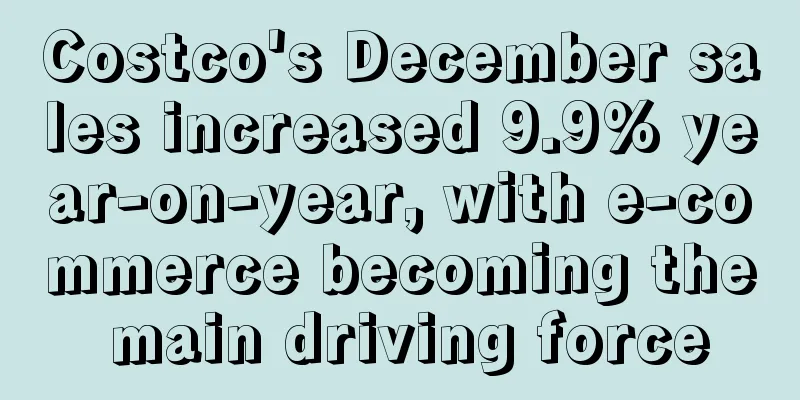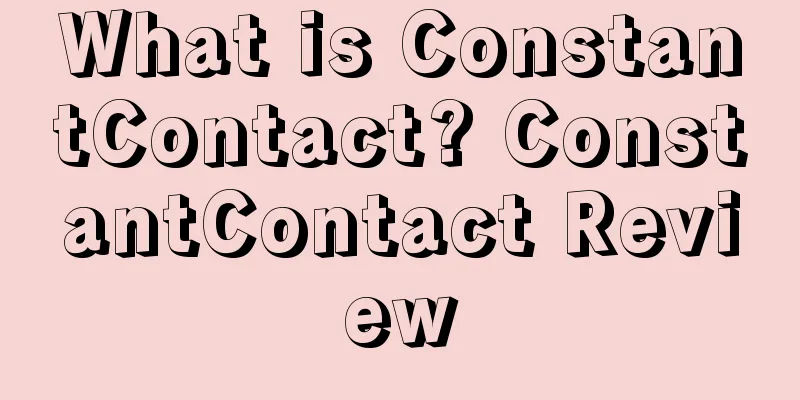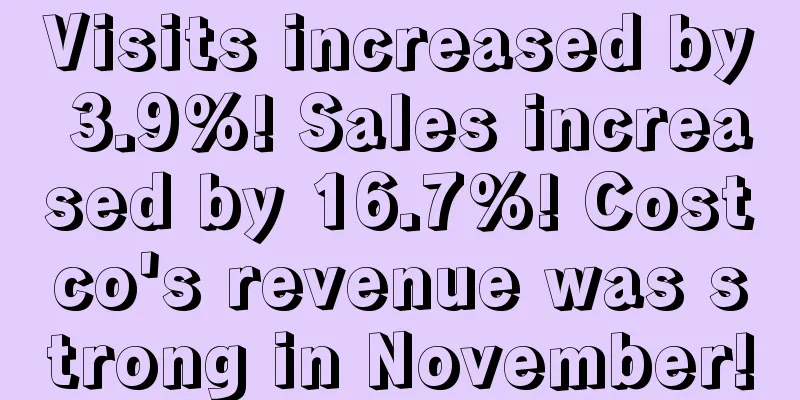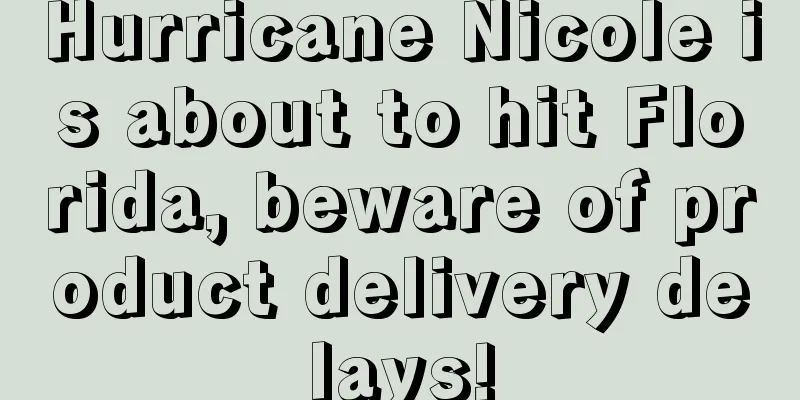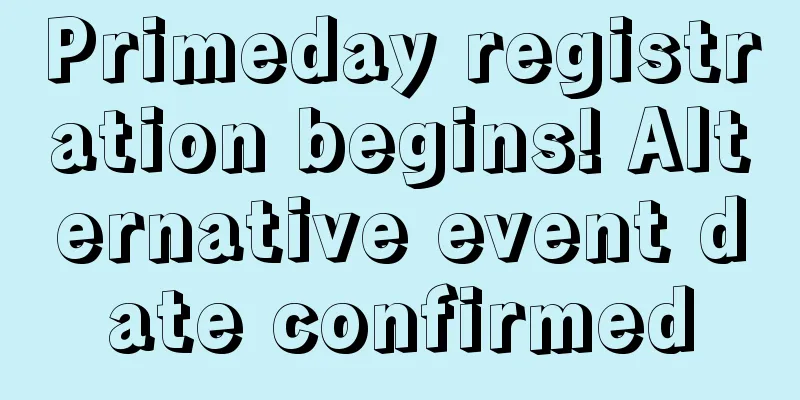I believe that what Amazon sellers fear most is having their accounts blocked. To ensure that their business runs smoothly, they must abide by the operating rules of the Amazon platform. So what should you do if your Amazon store infringes on your rights by copy-selling? Generally speaking, infringement refers to the violation of other people's intellectual property rights, including trademarks, copyrights and patents, that is, the use of other people's trademarks, copyrights and patents without the legal authorization of others. Infringement is not only a violation of regulations, but also an illegal act. Infringements can be divided into the following categories: 1. Copyright: Copyright infringement usually refers to infringement of the author's copyright. 2. Trademark: Using the other party’s trademark or logo without the official authorization of the product brand. 3. Utility Patent: If the product being sold is invented by someone else, and that person has applied for patent protection, and the seller produces and sells it without permission, the risk of infringement is extremely high. 4. Design Patent: Infringement of design patent is a common form of patent infringement, such as when the appearance design or packaging of some products are similar. If you want to know whether you have committed any infringement, then we need to check it ourselves: 1. Do you use other people’s word trademarks in your listing title, detail page, outer packaging, etc.? 2. Are the product pictures taken by yourself or downloaded directly from the Internet? 3. Did you edit the detailed copy yourself, or did you copy it from someone else? 4. Are the search keywords in the background set with other people’s word trademarks? 5. Does your product look very similar to a product from a well-known brand? What should I do if my Amazon store is copied by others? 1. Send a warning letter: If you find someone following you, you should first send them a warning letter. Most of the following sellers will stop selling within 24 hours of seeing the warning letter. (But some merchants will deliberately disgust you.) 2. Sue the other party for infringement: If you own intellectual property rights (patents, trademarks, copyrights), you can directly contact Amazon Seller Support to file a complaint with the other party for infringement. 3. Email bombing: Use different buyer accounts to send hundreds or even thousands of emails to the seller. Amazon's system will read all your emails. If there are many buyers complaining about trademark infringement, selling fakes or asking for good reviews, Amazon may suspend the seller's account. 4. Apply for Brand Gating: If you want to completely get rid of follow-selling, Amazon Exclusives & Brand Gating is the only way. If your Brand Gating application is approved, no one will be able to follow-sell your brand anymore. In order to get Brand Gating approval, you first need to complete Amazon Brand Registration 2.0. So what should you do if your Amazon store infringes your rights by copying others? Generally, after Amazon determines that a store has infringed your rights, the seller will receive an infringement email. Under the policy, there are three ways for sellers to handle the situation after receiving the infringement email. The first one: reconciliation Reconciliation mainly occurs when the store has been verified to be infringing. At this time, the seller can contact the intellectual property owner in a timely manner to reach an out-of-court settlement or have the court rule on compensation. If there is no response from the other party, it is recommended to send the other party several more emails and save the records of each sending for collection. If the other party still does not respond, you can directly appeal to the platform and let the platform make a ruling. If the other party's settlement conditions are too harsh or the settlement amount is too high when communicating with the other party to negotiate the settlement compensation, you can consider appealing to the court, and the court may reduce the compensation to a reasonable amount. Second: Response If the seller determines or verifies that he has not infringed or that the infringement is not established, he should promptly entrust a local lawyer in the United States to conduct an infringement analysis and take countermeasures to reduce the cycle and delay of intermediate case processing. The third option: Ignore it This situation is usually more common for novice sellers or when the store value is relatively low, or the amount of frozen funds is not high, so they choose to ignore complaints, not to settle, and not to respond to lawsuits. Please note: it is not recommended to continue using frozen fund accounts and infringing stores. The validity period of the judgment order of the US court is 10 years, and it can be re-registered after the expiration. In other words, if the seller continues to operate the store involved, even if there is no further infringement in the future, the plaintiff can still seek compensation from the seller after several years. In addition, there may be more severe penalties such as being blacklisted, banned from entering the United States, and legally seizing the defendant's goods shipped to the United States! The above is an introduction to what to do if your Amazon store infringes on copyright by copying and selling and related aspects. |
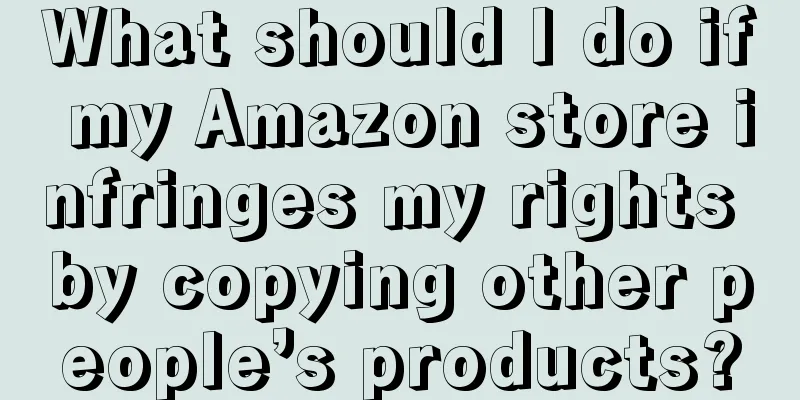
![[7-day hot reward] This year, 3 new products were launched, but all of them failed. How can part-time small sellers find the track that suits them? How can operational ideas keep pace with the times?](/upload/images/67e769b307202.webp)
